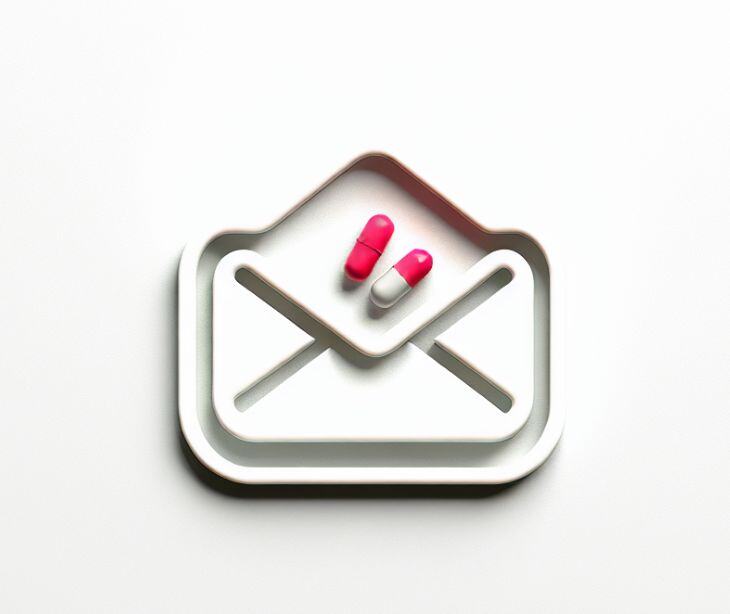2 min read
How HIPAA compliant email can prevent medication errors in pharmacies
Caitlin Anthoney July 24, 2024

Pharmacies must be HIPAA compliant to protect patient information, meet legal requirements, enhance security, and ensure efficient communication.
More specifically, HIPAA compliant emails streamline communication between pharmacies and prescribing physicians, so patients receive the best possible care.
Pharmacist communication and medication errors
According to a literature review on understanding pharmacist communication and medication errors, “Structured communication is effective in preventing medication errors. These errors can occur within the medication management cycle at any point of the drug distribution chain. This is due to the involvement of different health professionals and different steps in the cycle from the correct prescription through to correct administration.”
So, the study recommends structured communication to “prevent medication errors and reduce the rate of patient harm.”
However, since “many records kept in pharmacies meet the definition of [protected health information (PHI)], including prescription records, billing records, patient profiles, and counseling records… Pharmacy systems must satisfy HIPAA standards for privacy and security,” explains U.S. Pharmacist.
HIPAA compliant emails
Protect patient privacy
HIPAA compliant emailing solutions, like Paubox, offer advanced security measures to safeguard patients’ protected health information (PHI) during transit and at rest.
Specifically, HIPAA compliant emails encrypt prescriptions, medication information, and patient records sent between pharmacies and providers. These emails also use multi-factor authentication (MFA) to prevent unauthorized access to PHI.
Furthermore, HIPAA compliant emails protect pharmacies and physicians from the legal repercussions of data breaches and non-compliance.
Enhance communication
Pharmacies must use HIPAA compliant emails when contacting physicians to clarify prescription issues, like if the physician prescribed an unusually high medication dosage to a patient.
The prescribing physician can respond in real-time with medication adjustments, ensuring the patient’s treatment plan is appropriate and reducing the risk of adverse health effects.
Integrate electronic health records
Pharmacies and physicians can integrate HIPAA compliant emails with their electronic health records (EHR) to easily access and share patient information like prescriptions, treatment plans, and medical histories.
Sharing up-to-date patient data “across disciplines, specialties, pharmacies, hospitals, and emergency response teams [and having] on-demand access to charts via mobile devices allows for better and more timely decision making,” explains the University of Scranton.
Furthermore, these “digital records allow for better tracking and more standardized documentation of patient interactions, which has the potential to reduce error. With digital paper trails, illegible handwriting in clinicians’ notes or prescriptions is no longer a problem, and coding for procedures or billing is easier.”
Improve patient care coordination
HIPAA compliant emails allow pharmacies to securely notify providers about patients who need follow-up appointments or have questions about their medications, improving care coordination.
Pharmacies can also securely email refill requests to physicians so patients with chronic conditions receive their medications on time.
Read also: Using HIPAA compliant email for chronic disease management outreach
FAQs
Who must comply with HIPAA?
Covered entities, including healthcare providers, health plans, and healthcare clearinghouses, as well as their business associates, who handle protected health information (PHI), must be HIPAA compliant.
What is PHI?
Protected health information (PHI) includes any information about health status, healthcare provision, or payment for healthcare that can identify an individual.
Can PHI be shared without patient consent?
Yes, PHI can be shared without patient consent but only for treatment, payment, healthcare operations, and public interest situations as defined by HIPAA.
Subscribe to Paubox Weekly
Every Friday we'll bring you the most important news from Paubox. Our aim is to make you smarter, faster.



